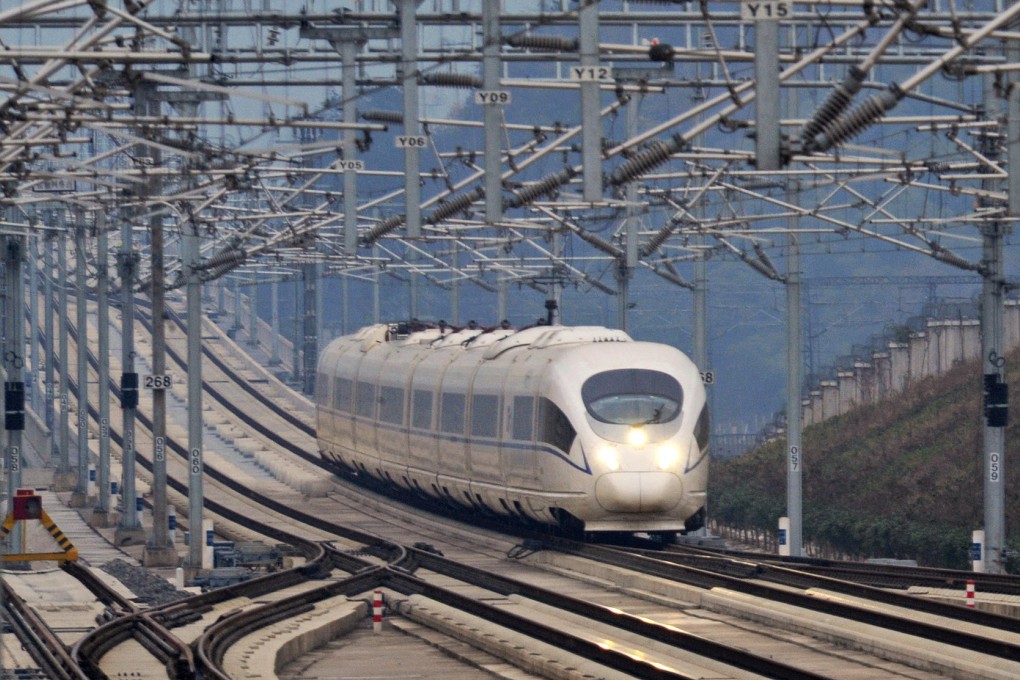China has edge over Japan when it comes to competing for Asian high speed rail deals
Ability to offer a total solution gives China edge despite Japan's long record on safety, reliability

China is much more competitive in pursuing overseas railway projects than Japan, says Alexious Lee, head of China industrial research at brokerage CLSA.
The battle of the two Asian giants for influence in Asian infrastructure is heating up, driven by increasing demand for high-speed lines in the region, where plans are on for an estimated 10,000km of high-speed rail. These include a route linking Malaysia and Singapore and high-speed networks across Thailand and India.
In a recent bidding battle for the first high-speed train project in Indonesia, China proposed a plan that would deliver results three years faster but Japan proposed one that was cheaper. The Indonesian government eventually scrapped the project.
While Japan's railway has a long history of safety and punctuality, analysts believe China has much stronger bidding power.
"China can offer a total solution package, from construction and supply of trains to operating and finance," said Lee. "What the countries [looking for high-speed rail] need most is someone to help them make sure the project is profitable."
Lee added that for total-solution packages, investments have to be routed through the government-to-government level rather than business-to-business.